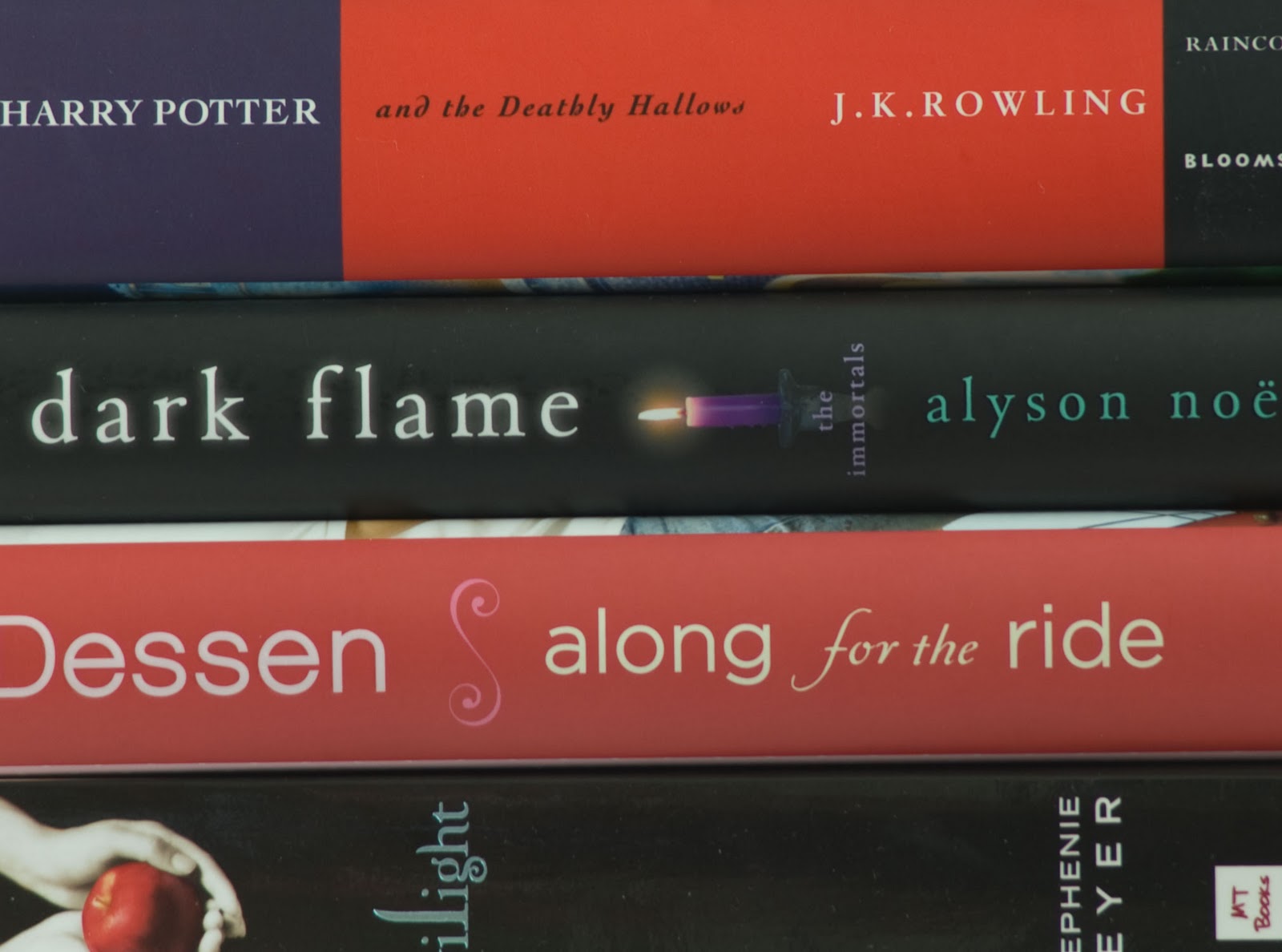
How many times have you read a bestselling novel and let it influence your writing, but when your critique partner or an agent sees it . . . well the results aren’t pretty?
There are rules in writing we need to follow to increase our chances of landing an agent or being published. Some rules are flexible enough to allow us to bend them for creative purposes. Other rules are rigid. Try to bend them and disaster will befall you.
The trick is knowing which rules can be successfully broken. However, bestselling authors aren’t necessarily the ones to shows which rules they are. These writers have more leeway than the rest of us.
Examples: (These are from a few of my favorite YA authors.)
Flashbacks
Because flashbacks pretty much stop the action of the story, you want to be careful with them. Keep them as short as possible, and only use them when necessary.
Sarah Dessen uses flashbacks a lot in her novels, but instead of the main character flashing back to a time before the start of the book, she flashes back to an event that took place between the last scene and the current one.
I tried that and was told if the event in the flashback was that important, then I needed to write it as a scene. Great advice. Sarah’s allowed to do it her way. We aren’t.
Dialogue
One of the most common pieces of advice says don’t start chapter one with dialogue since the reader hasn’t had a chance yet to visualize the scene because of the lack of context.
Same advice should apply to individual chapters, unless it’s starts off where the last one ended. I’m a fan of Alyson Noel’s Immortal Series, but she has, on occasion, left the reader in suspense because she starts the chapter off with dialogue, but doesn’t tell the reader which character said it. Sometimes it’s take you the whole page to figure out who said it. This is false suspense, and it's annoying. The reader needed to know who said it so she can visualize the scene. Of course, this hasn't stopped Alyson from selling books. And it hasn't stopped me from buying them.
Gerunds
We know we’re not supposed to overuse –ing verbs and the passive “as” such as in this sentence:
I take long, slow breaths, reminding myself there’re thousands of psychos on the streets. (From my novel, Still.)
They’re fine, as long as you don’t abuse them.
Alyson Noel has made it part of her style to use tons of sentences such as:
Leaving me to stand there, jaw dropped to my knees, as both doors spring open and sweep him inside before I can blink. (Dark Flame)
She can get away with that. We can’t.
Echoes
A few weeks ago, I blogged about repetitive words, phrases, or concepts that often appear in our manuscripts until a crit partner points them out. Some readers might not notice them. Others might be ready to hurl your book (which happens to be on their computer) across the room if they read the phrase one more time.
I read a book by a bestselling author (who shall remain nameless) in which not only was the phrase abused an estimated 150 times (sometimes twice on the same page), but it was the clichéd eye rolling. Seriously, I’m surprised the main character’s eyes didn’t get stuck due to all the eye rolling that happened.
Adverbs Galore
Too many adverbs and adjectives are the kiss of death, especially when overused in dialogue tags. Of course, if you’re J.K. Rowling, this rule doesn’t apply to you. But for the rest of us, don’t do it!
So what do you think? Should we take risks like these bestselling authors, or should we play it safe? And without giving away names, do you have any examples of rules you’ve seen broken by a bestselling author, which would be a big no-no if we tried it?
Edited: I should add that Lisa McMann (Wake trilogy) broke many rules in her debut novel, and it seriously rocked. So, there's something to think about.